Call it big, beautiful timing. On Tuesday, Fifa announced it had taken an office in Trump Tower. On Wednesday, Donald Trump announced he would attend the Club World Cup final. And who could begrudge the US president a little sporting entertainment after the week he has had? Those Nobel peace prize applications don’t write themselves.
Trump’s attendance at a tournament that we can be 95% sure he doesn’t understand is, doubtless, a huge coup and political victory for football. This is a sport that only a decade ago was openly considered un-American, scrawled into the rightwing commentator’s list of pet peeves between meteorologists and Judy Blume. Ann Coulter described soccer’s growing popularity as a “sign of the nation’s moral decay”. Glenn Beck likened it to Obamacare: “It doesn’t matter how you try to sell it to us, it doesn’t matter how many celebrities you get … we want nothing to do with it.”
For more than a century, the only true American sport was a true American sport, preferably one that came with its own world title and vacuum-sealed league. The US, as we know, does not need to play anyone else’s games, and the holy trinity of baseball, football and basketball underline this fact with carefully crafted origin stories that deny they are anything like cricket or rugby.
This cherished sporting isolationism has nurtured a fervid and uniquely patriotic culture, one so robust that throughout the 20th century even a worldwide obsession like soccer got no more traction than Diana Ross’s boot at the 1994 World Cup opening ceremony. That was, if you remember, a chaotic spectacle, and the tournament as a whole left the locals cold.
And yet thanks to the sheer power of American commercialism USA 94 was still a financial success. No wonder that other global sports have now spent decades grabbing at air as they chase that elusive greenback fluttering ahead down the track. It has taken comic, cartoonish perseverance to catch up with it.
The International Cricket Council launched its Project USA to court the market in 2004, which was followed by years of unsatisfactory bedhopping – including a passionate fling with a fraudster now serving a 110-year jail sentence – before anything clicked. Formula One, too, has put in the hard laps: three Stateside grands prix in the racing calendar, a pioneering Netflix series, not to mention this summer’s blockbuster movie and Brad Pitt vehicle (pun very much intended).

Magnums all round, then: this week F1’s global survey revealed that the sport now has 52 million followers in the US, a 10% increase from 2024, and that those fans were more engaged with its content than any other group. Meanwhile the ICC’s Men’s T20 World Cup, co-hosted in New York, Florida and Texas last year, generated $1.15bn (£850m). And Major League Cricket, after clashing uncomfortably with the Hundred, is now genially sharing the duvet with other tournaments in the franchise calendar.
Gordon Gekko may long have been cancelled, but greed is still good, as long as you spell it “growth”. And yet, as ever, be careful what you wish for. As sports are finally getting their leg-up on to the American stage, they discover they’re sharing it with a man who isn’t that keen on the rest of the world after all. Trump’s promise that Fifa’s 2026 World Cup will be the “biggest, safest and most extraordinary soccer tournament in history” is hard to sell when he’s just imposed swingeing tariffs on his Mexican co-hosts and is threatening to annex Canada, the other co-hosts. (On the plus side, according to Trump, the tensions make the tournament “much more exciting”.)
Is this the America that global sports have been so desperate to have notice them? Certainly not. When you’re trying to grow your business, it’s not particularly helpful to encounter ever-expanding travel bans that bar entire nations from travelling to support their teams (as now applies to Iran’s football fans) and prevent athletes from competing internationally.
after newsletter promotion
Just this month, Trump’s bans meant the Cuban women’s volleyball team was refused entry to Puerto Rico, a Brazilian table tennis world champion was denied a visa for the US Smash tournament, and Senegal’s women’s basketball squad had to relocate their training camp. This is not an optimal situation for any sports organiser – but least of all one as triumphally one-world as the Olympics, due to land in Los Angeles in 2028.
The whole point of conquering America was its cultural hegemony, its outrageous reach. Sure, China offers more potential converts, but it doesn’t have the same swaggering social influence. Until recently, no sport could claim to be truly global if it wasn’t played under the stars and stripes.
But now the US is retreating from the world and withdrawing its precious cultural imprimatur. Sports have spent literally billions of dollars on an invite to a party, only to be confronted, the moment their foot crosses the threshold, by a host contemptuous of his guests.
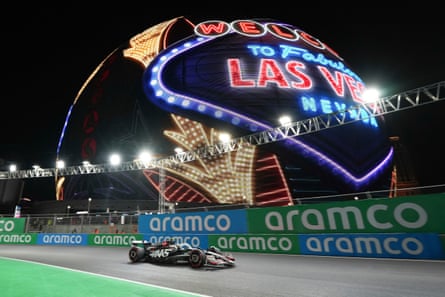
Over the next three years the US will stage some of sport’s true mega-events. If the Club World Cup is anything to go by, the White House will make it its mission to turn them into Maga-events. This isn’t the Sochi Winter Games, or Qatar 2022. The current administration won’t be using other people’s sports to launder its reputation, primarily because it doesn’t care what the rest of the world thinks of it.
Trump staged a military parade on his birthday and sent the National Guard to Los Angeles to make a political point. You can’t bet against a man like that ruining an Olympics out of pure spite. There will be no ping-pong diplomacy from this White House. There will be only be Big, Beautiful Balls.

 6 hours ago
1
6 hours ago
1


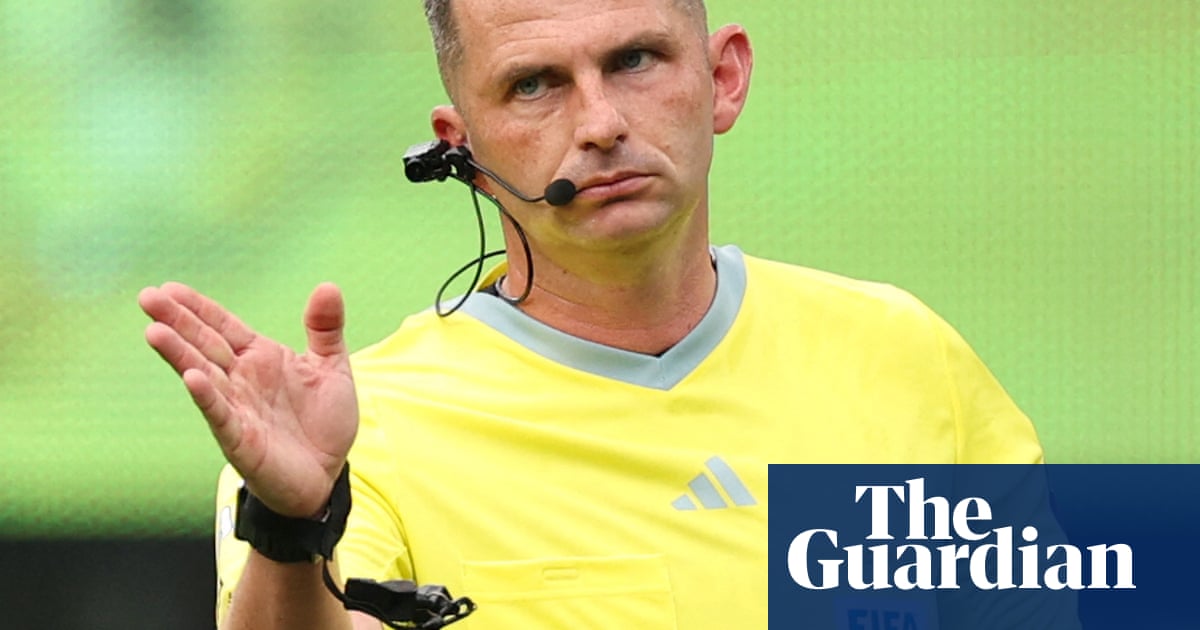
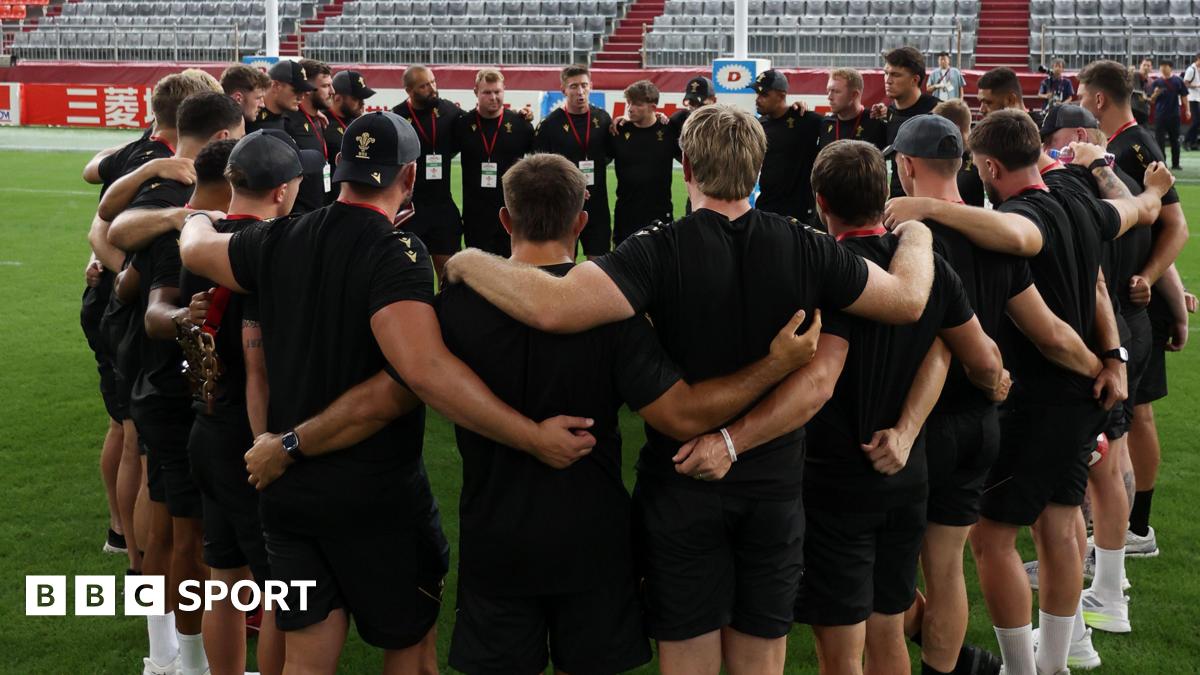


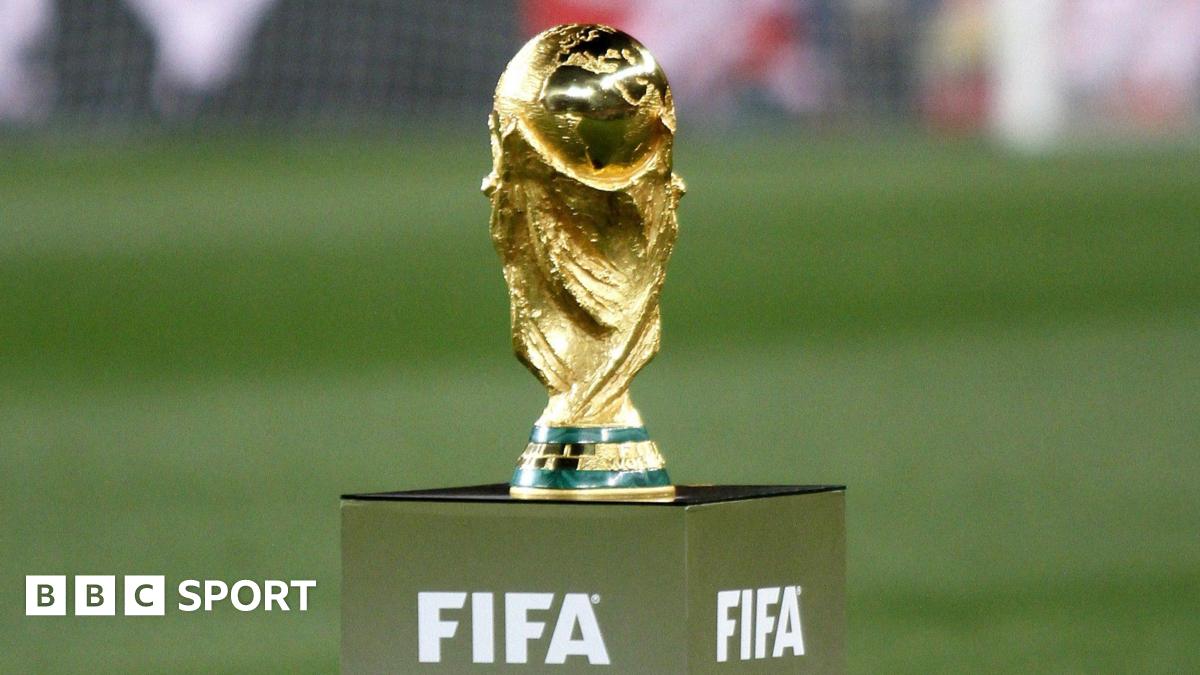

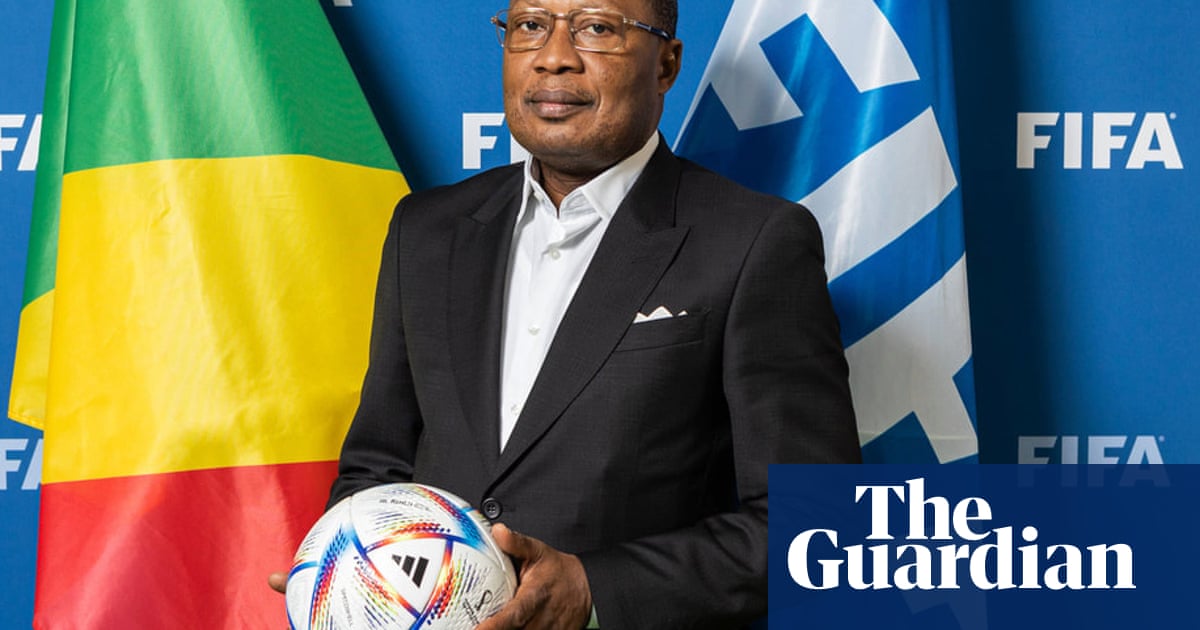

 English (US)
English (US)